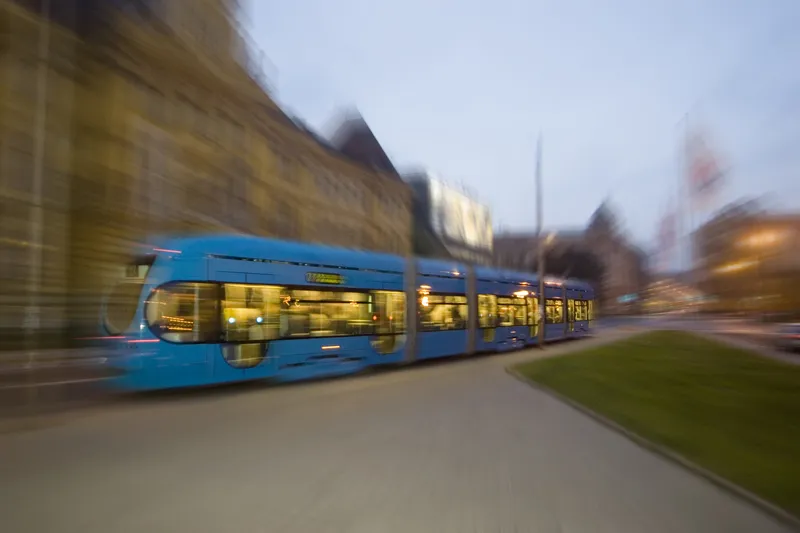
ITS in public transport will continue to grow in the coming years, according to a report from Berg Insight - and it is key to enabling sustainable smart mobility.
"Challenges such as urbanisation, climate change and traffic congestion continue to spur investments in public transport ITS, contributing to a positive market situation," Berg says.
The total market value of public transport ITS for buses and trams in Europe is forecast to reach €2.81 billion by 2026, up from €2.12 billion last year - albeit with significant variation between regions.
The penetration of on-board computers with GPS location functionality and wireless communications in buses and trams in Europe is estimated to increase from 91.5% in 2021 to 95.1% in 2026.
In North America, the total market is much smaller, worth around €0.76 billion at present but growing more quickly than Europe year on year to reach €1.12 billion in 2026.
Transport integration, fare payment, scheduling, real-time travel information and smart cities are key areas where ITS is being used.
Before Covid, there were 60 billion annual public transport passenger journeys in Europe and 12 billion in North America on modes such as buses, suburban rail, metros and trams.
While those numbers have not returned everywhere, Berg estimates the economic value of public transport services in Europe at around €135–145 billion per year, and €70–80 billion in North America.
The report identifies major providers of ITS in public transport including Canada-based Trapeze Group and Germany-based Init, with Clever Devices, Conduent, Cubic Transportation Systems and Avail Technologies in North America.
Equans, Thales and RATP Smart Systems have major market share in France; with Vix Technology, Flowbird and Ticketer in the UK; GMV, Indra and Grupo Etra in Spain; Atron in Germany; Fara and Consat Telematics in Scandinavia; and the Austria-based companies Swarco and Kontron Transportation.






